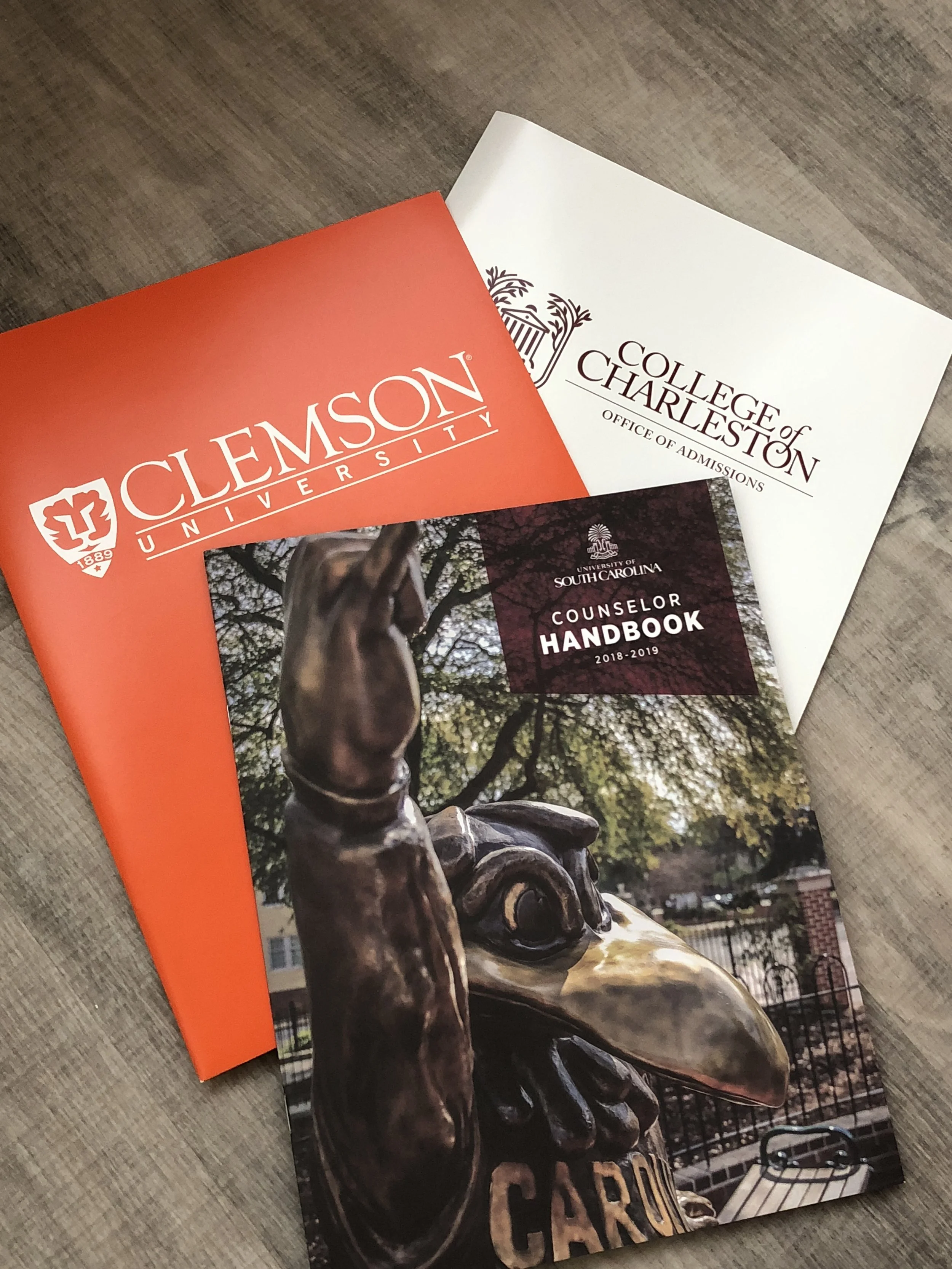Honors: To Apply or not to Apply?
About this time of the year – with Honors College application due dates looming – I start to get a repeated question. Should I bother to apply for the Honors College or not? Of course the College Sage answer is “Sure you should – it can’t hurt!”
Honors College spots are some of the most coveted in collegiate admissions process. Top honors students at public universities are generally those students who just as equally could have attended a top ranked private university. The academic offerings, housing options, and special programming often make acceptance into the Honors College the best choice for students – and certainly the best value for parents.
But when students look at the difficulty of the questions, they often want to weigh the statistics. So here you go – here are the facts from last’s years Honors College admitted students.
Clemson University
To apply to the Clemson Calhoun Honors College you must have a minimum of a 30 ACT or 1370 SAT score. The average enrolled Honors student last year ranked within the top 3% of their graduating class and had a 32 ACT or SAT range of 1440-1550. Last year 415 students were admitted to the program aimed at enrolling approximately 350 students. The Honors College application is due by December 8 and students will hear decisions by mid February. The Clemson Honors application requires thoughtful answers to these three essays:
#1: The Honors College values academic achievement, community engagement, and campus leadership. As a result, applicants typically exhibit excellent grade point averages in the most challenging coursework, high standardized test scores, multiple extracurricular activities, and academic awards. In this space, please tell us what - apart from these typical attributes - distinguishes you as a candidate to join the dynamic intellectual community of Honors College students. Please provide specific examples. (500 words or fewer)
#2: Describe and discuss the most significant learning experience you have had outside the classroom that altered your views on an important political, economic, social, or scientific issue. How will you apply the lesson(s) you learned to your academic and professional goals?(500 words or fewer)
#3: The Calhoun Honors College solicits student ideas each year in a "Create a Course" contest. Recent seminars include "The 2018 Elections," "Sustainable Energy," "The Comedic Jane Austen," and "The Science of Music." Submissions are reviewed for creativity, intellectual relevance and importance, and appeal to Honors students. What topic would you submit, and why do you want to learn about it? How would you convince friends from a wide range of majors that they would benefit from the course? Do not suggest courses of a purely practical nature, such as personal finance or fitness. (500 words or fewer)
College of Charleston
The College of Charleston enrolls approximately 225 to 250 Honors students each year. Last year the standardized test score range to be considered was an ACT of 29 to 32 or a SAT range of 1290 to 1400. Last year’s honors class had 267 students, with 57% coming from out-of-state. For in-state students, the average SCUGS GPA was 4.79.
College of Charleston also offers four full-ride scholarships – the Colonial Scholars – and 29 Aiken Fellows Society members. Aiken Fellows candidates attend a February 8-9, 2019 weekend for interviews. These top of their class members last year averaged an ACT of 32 or SAT of 1480. Last year, two-thirds of these elite scholars hailed from outside the state line.
College of Charleston likes to remind top students that virtually all students who qualify for the Palmetto Fellows scholarship will likely receive additional scholarships from the college. And one extra essay of 500 to 800 words is all you’ll need:
Scholar citizens are committed to pursuing academic excellence while also engaging real-world issues. What is a significant challenge facing scholar citizens in the 21st century? How will a liberal arts and sciences education help equip you to address that challenge?
Students receive decisions from the Honors College based on which admissions plan they applied under. Early Decision candidates who applied by November 1 hear back in mid-December. Early Action candidates who apply by December 1 will hear decisions by the end of January.
University of South Carolina
Last year, 4500 students applied for USC Honors, of which 567 students were enrolled. Successful applicants had an average ACT of 32.9, an average SAT of 1492 and a SCUGS GPA of 4.72. Decisions will be made in two rounds: late December for priority applicants and late February for the second round of applicants. Approximately 100 top scholars (half in-state) are selected from the Honors College application process and invited to a mandatory interview weekend on campus. This year’s dates are February 23-25, 2019 for in-state students and March 2-4, 2019 for out-of-state students.
USC requirements this year include two 500 word essays:
Doing:
How are you doing? What have you accomplished and where do you seem to be heading? We're not looking for a particular answer. What we are looking for is a thoughtful, vivid, well-written, detailed essay that reveals you thinking insightfully about yourself.
Thinking:
What's on your mind? Pick one thing that is particularly exciting, exasperating, moving, alarming - something that has captured your attention and intellect in some strong way - and tell us about it.
In addition to the Honors and Top Scholars program, USC has approximately 250 Capstone Scholars. Capstone Scholars last year averaged a 30.1 ACT and a 4.39 SCUGS GPA.
The USC deadline Honors College application deadline of November 15 is quickly approaching.
If you need help with essays or targeting deadlines, contact thecollegesage.com . We will help you apply as strong as you can!


















